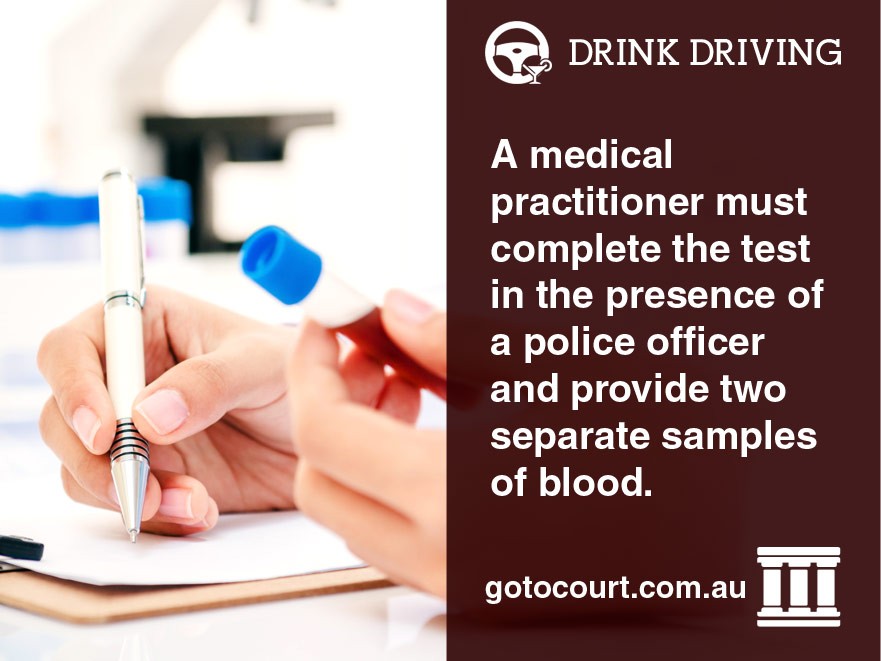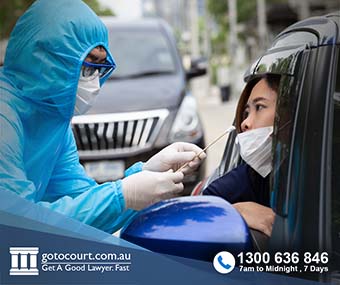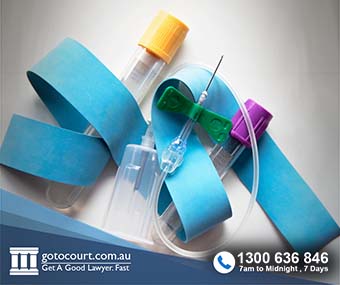Refusing a Blood Test in South Australia
South Australia has implemented legislation in the Road Traffic Act 1961 and Road Traffic (Miscellaneous) Regulations 2014 that regulates drink driving on South Australian roads. These laws not only give police the power to conduct breath and saliva tests, but also empower them to request a blood sample to determine whether the alleged offender has been driving under the influence of drugs or alcohol.
This legislation also provides that it is illegal for any person to refuse to provide a blood sample after being directed to do so by a police officer. It is important that you know your rights in relation to refusing a blood test in South Australia as certain defences may apply to your situation.
The South Australian police are able to request that a blood sample be taken in the following circumstances:
- If the person has already completed a breath/saliva test and the test indicated the presence of an illicit substance.
- If the person is unable to provide a sufficient level of breath/saliva to achieve an accurate reading.
- If the police officer is of the belief that the person is influenced by a substance and has been involved in a road incident.
When submitting to a blood test, a medical practitioner must complete the test in the presence of a police officer and provide two separate samples of blood. One of the samples must be tested by the hospital and one of the samples is given to the alleged offender in the event they wish to conduct their own analysis. It is also important to note that any blood test must be completed within 8 hours of the alleged incident taking place.There are very limited circumstances in which you will be able to refuse to provide a blood sample after a request has been made. Therefore, if you refuse to provide a blood sample or refuse to comply with any directions given by a police officer, you will be breaching section 47EAA of the Road Traffic Act and may be liable for a fine and/or disqualification of your licence.
Further, if you are involved in a motor vehicle accident and are over 10 years of age, it is a requirement of the medical practitioner treating you to request a blood sample for the purposes of testing for a presence of any drugs and/or alcohol. If you subsequently refuse the request and are the driver of the vehicle involved in the accident, you will be breaching section 47I of the Road Traffic Act and may be liable for a fine and/or disqualification of your licence.
Breach of general request to provide a blood sample
For a first time offender, a fine of $900-$1,300 will be handed down and a licence disqualification period of at least 6 months. For a second time offence, a fine of $1,500-$2,200 will be given to the offender and will also include a licence disqualification period of at least 2 years.
Breach of request to provide a blood sample after a motor vehicle accident
A first time offender will be liable to pay a fine of $1,100-$1,600 and a period of disqualification totalling at least 12 months. Any subsequent refusal to provide a blood sample in circumstances where a motor vehicle accident occurred, the offender will be liable to pay a fine of $1,900-$2,900 and a period of disqualification totalling at least 3 years.
It is important to note that the disqualification period for both of these types of penalties cannot be reduced or changed in any way unless the court is satisfied that the offence committed was only minor. In the event the court allows a reduced period of disqualification, the legislation still requires the offender be disqualified from driving for at least one month.Even in circumstances where you can establish a clear medical reason for refusing to provide a blood sample, the instructing police officer must still take all steps possible to ensure a sample is taken by saliva/breath, or a blood test conducted by the offender’s doctor.
Therefore, the South Australian legislation only provides very limited defences to any charge of refusing to provide a blood sample. For example, you may have a defence available to you if the sample was not taken within 8 hours of the alleged incident or in circumstances where the medical practitioner did not correctly follow the testing procedure. However, these provisions are sometimes complex and difficult to understand and it may be wise to see a lawyer who can assist you to understand the nature of the charges against you and advise on the best course of action going forward.






